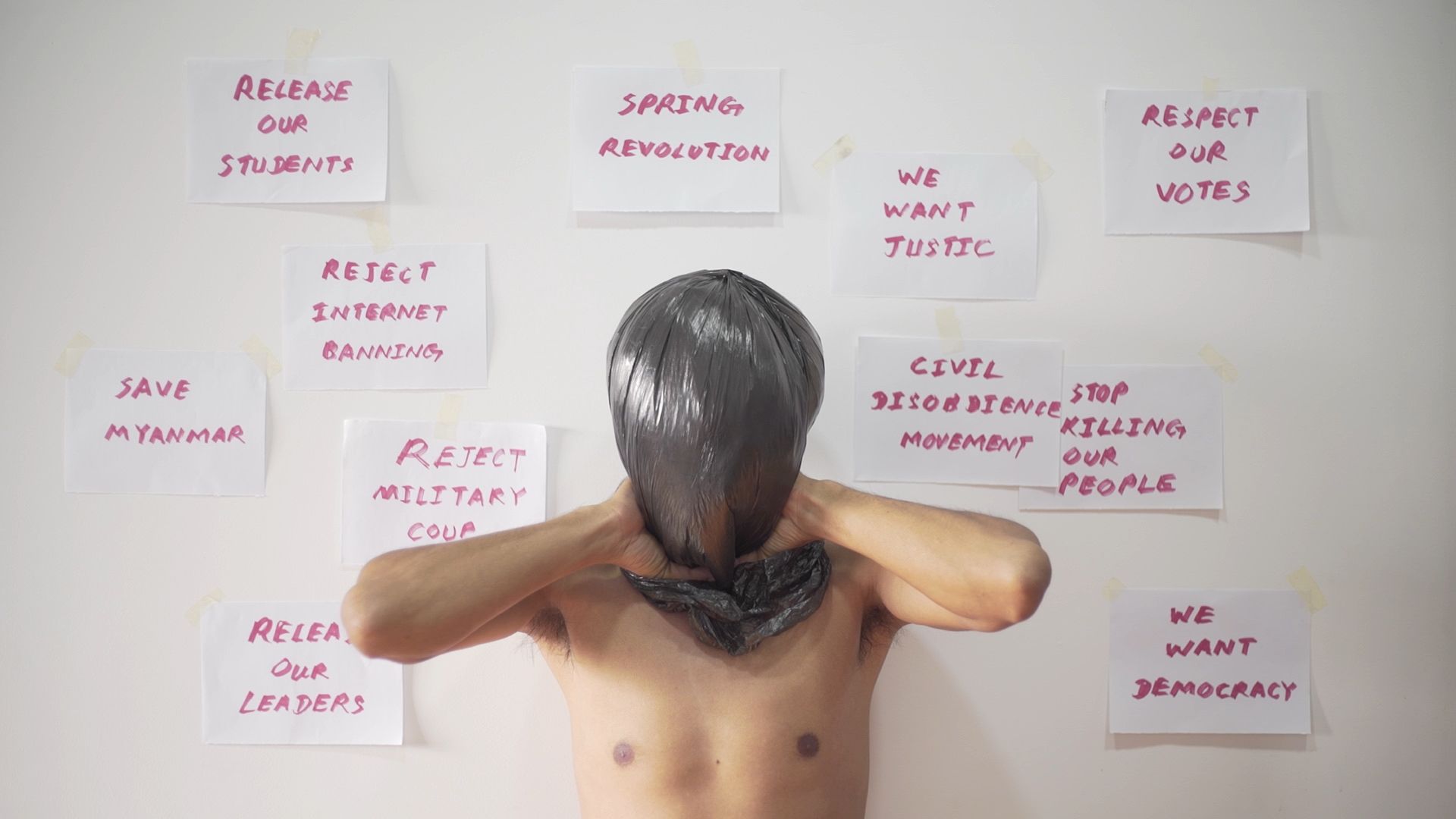Sunday the 14th of February is Valentine’s Day. Here are a few reports of how the day is celebrated in different countries where some of our English Post team come from.
BANGLADESH
Sharjita Yeasmin
The concept of Valentine’s Day is somewhat western one in Bangladesh. Still, it is celebrated among young people with much enthusiasm and excitement thanks to globalization or capitalism. But I would like to tell you something about the day before Valentine’s day, the 13th of February (Pohela Falgun), which is the first day of spring in Bangladesh. It is a more traditional day for celebrating love in Bengali culture. Bangladeshi spring comes with a colorful and tropical vibe before a hot and humid summer.
On Pohela Falgun, wearing traditional attires like Sari and Panjabi, girls and boys go out for a date in restaurants or parks and exchange flowers. Writing letters to the loved one and wrapping it in a blue envelope are quite popular expressions for the lovers. The style of expressing love is not so open because of our society’s conservative nature, but love appears in different forms and tones. The Bengali Nobel laureate Rabindranath Tagore wrote many verses dedicating the first day of spring as the moment of ushering love. When the 14th of February arrives here in Germany, no matter how grey winter gets, it always gives me a feeling of springtime, reminding me of Pohela Falgun. Here I want to quote few lines from Tagore’s verse on love which is my personal favorite:
I seem to have loved you in numberless forms, numberless times…
In life after life, in age after age, forever.
My spellbound heart has made and remade the necklace of songs,
That you take as a gift, wear round your neck in your many forms,
In life after life, in age after age, forever.
KYRGYSTAN
Aidana Baibagysheva
In Kyrgyzstan, Valentine’s Day is neither an official nor religious holiday, but, as marketers say, a very successful commercial project that has acquired a large scale over the past two decades.
The older generations of Kyrgyzstan are rather indifferent to this day. It is recognized neither by Islamic nor by Orthodox clergy. There are also politicians and ordinary people who believe that it is a celebration of immorality imported from the West, which does not suit the national mentality. Nevertheless, Valentine’s day is quite popular among young people and schoolchildren. On this day, people usually give flowers, candy, toys, balloons, “Valentinki” (Valentine’s cards in the shape of a heart with confessions or wishes of love) and other types of small presents to their beloved ones or/and friends. I remember, for example, how in my school, just before Valentine’s day, cardboard boxes were installed on the doors of the classrooms, and everyone could anonymously (or not) confess their love to someone on a piece of paper or on a “Valentinka” and post it into one of those boxes. On February 14, all boxes were opened and the messages handed to the addressees.
GERMANY
Lydia Taylor
It is that time of year again, where as soon as Christmas decorations come down in the stores; everywhere roses, pink and red hearts appear – even on your deodorant. Valentine’s Day is approaching, and you will not be able to avoid it. But besides the feeling that Valentine’s Day is just another big marketing ploy imported from America, I’ve always wondered why we celebrate love in the coldest depths of winter and why Valentine’s Day has blossomed in Germany?
A look back in history shows that Valentine’s Day, or “Valentinstag”, is a relative newcomer and is not as popular as in the in the United States or in Britain, but as a matter of fact, the celebration of Valentine’s Day has gained a lot of popularity in recent decades here in Germany. After World War II, when, besides the English and French, the American military occupied Germany, they brought some of their traditions, among others, Valentine’s Day and Halloween. In fact, things started to blow after the first valentine’s ball took place in Nuremberg in 1950. It’s only since then, that Valentine’s Day has been celebrated in Germany, in the beginning mostly only by American military personnel before the “Americanization” of the German culture and lifestyle introduced the custom that grew into a trend here. Since being infected with all the commercial and sentimental aspects of this feast of love, Germans have celebrated the day with great fervour and enthusiasm.
Nowadays Valentine’s Day, next to Mother’s Day, is primarily a day of flowers or to put in other words a bonanza for florists and for floral purchases in Germany. The most popular are roses. This suddenly reminds me of a piece of English homework in the fifth grade, where our teacher asked us to write a funny “Roses are red violets are blue” poem, which was great fun. And maybe that is the right attitude, to help you to get through Valentine’s Day no matter your romantic status. So, whether you will celebrate Valentine’s Day with the object of your affection or by simply havening the couch all to yourself – watch a movie. I recommend “Four Weddings and a Funeral”.
UNITED KINGDOM
Chris Andrews
In the UK, Valentine’s Day traditions include superstitions such as the first man a girl sees on Valentine’s Day is the man meant for her! Of course flowers, chocolates and cards are, as in many countries, a staple of Valentine’s Day and it has become a highly commercial enterprise. I come from Yorkshire in England, where people are not known for showing their emotions, and it is said Valentine’s Day is celebrated here two days late to take advantage of reduced priced flowers and cards.
“There you go lass, plenty of wear left in them roses yet. Most of ’em still have petals.“
Another tradition is for people to write chivalrous and romantic verses to one another; which brings me to the famous 14th-century poet and author of the Canterbury Tales, Geoffrey Chaucer with whom this whole “Valentine’s Day” commotion is supposed to have started.
In his poem “The Parliament of Fowls”, a humorous and sometimes philosophical exploration of the idea of love, the narrator tells of how after reading Cicero’s, Dream of Scipio, he concludes that he does not have what he wants, and has what he does not want. As the failing light robs him of his book, he sleeps and falls into a dream in which, after passing through the great halls of Venus, he enters a garden where the goddess Nature is presiding over an assembly of birds. The birds, gathering on Saint Valentine’s Day to choose their mates, are arranged in pecking order from the noblest eagles to the lowly seed eaters. Three male eagles begin, each beseeching one young female eagle with chivalrous sentiments to attract her admiration. This continues the whole day long, after which the other birds become impatient at hearing all these supplications. A discussion begins upon how one should choose a partner. Unable to decide which of the three suitors is right for her, the female asks Nature to let her wait one year before making her decision. The goddess grants the request, free will being one of the key themes of the poem.
The following morning, the narrator awakens to birds’ singing and promises to keep reading more books so he may have better dreams.
It is thought the poem may have been written for the young King Richard II whilst he deliberated on marrying Anne of Bohemia in 1380. Perhaps it is because of Chaucer’s poem that some people in the UK celebrate “Birds’ Wedding Day”, and follow the custom of eating baked buns with caraway seeds, plums and raisins on Valentine’s Day.
Here is a short extract from “The Parliament of Fowls”
And if that I be found to her untrue,
I disobey, or am blindly negligent,
Boastful, or in time chase after new,
I pray to you, on me be this judgement,
That by these fowls I be all torn then,
The very day that she should ever find
I am false to her or wilfully unkind.
And since none loves her as well as me,
Though she never promised me her love,
Then she should be mine, in her mercy,
For I’ve no other claim on her to move.
For never, for any woe, shall I prove
Faithless to her, however far she wend;
Say what you wish, my tale is at an end.
The complete poem can be found online here:
https://www.poetryintranslation.com/PITBR/English/Fowls.php
#historyandtradition #holidaysinGermany #SaintValentine #Valentine’sDay












